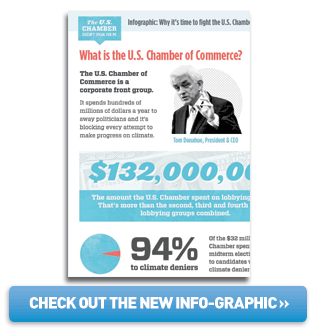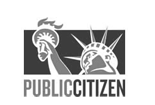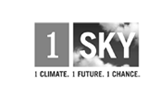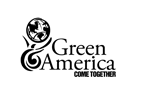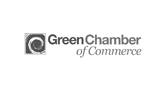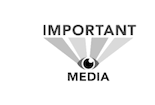Over the past few weeks, we’ve been keeping track of the U.S. Chamber’s efforts to weaken the Foreign Corrupt Practices Act, a landmark federal law passed in 1977 which criminalizes the act of bribing foreign officials. Today, the Huffington Post released an article detailing the Chamber’s lobbying efforts, with an examination of what they stand to gain if they’re successful in injecting the FCPA full of loopholes.
The Chamber has thus far managed to avoid saying that it’s outright against anti-bribery enforcement. Instead, it’s legal representatives are claiming that it wants to give the FCPA a few “tune ups” and “safeguards,” to protect corporations from overzealous prosecutors and unnecessary litigation. In reality, these “safeguards” would amount to four major loopholes in the law, which would make it easier for companies to escape criminal liability.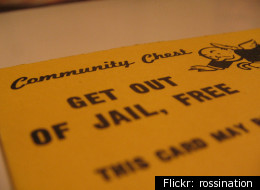
“The proposals by the Chamber are quite dramatic,” said Harvard Law School professor David Kennedy, who specializes in international law. “Although presented as modest legislative clarifications, the Chamber’s proposals would seriously undermine the enforcement efforts and scale back criminal liability under the FCPA.”
More from the Huffington Post:
“I have a hard time figuring out how they justify a push on this law that essentially amounts to, ‘We want to make it easier to bribe,'” said Per Olstad, the executive director of Chamberwatch, a labor-backed group. “There’s no clear business rationale for why the Chamber would be trying to weaken the FCPA.” His group, however, has compiled information on eight Chamber-associated companies that collectively have paid nearly a billion dollars in fines or to settle FCPA allegations. “And you start to think, there’s your motivation,” he said.
- Siemens AG – Former U.S. Chamber of Commerce board member, paid a record-setting $800 million in 2008 to settle charges that it had paid out some $1.4 billion in bribes to officials in 10 countries.
- Johnson and Johnson – 2009 U.S. Chamber of Commerce Institute for Legal Reform (ILR) board member, paid $70 million in April to settle charges that its subsidiaries paid bribes to public doctors in Greece, Poland and Romania, and paid kickbacks to officials of the Iraqi government in order to obtain contracts under the U.N. Oil for Food Program.
- Chevron – U.S. Chamber member and major donor, paid $30 million in 2007 to settle charges that it made illegal kickback payments to Iraqi officials in order to obtain contracts under the U.N. Oil for Food Program.
- General Electric – 2009 ILR board member, paid $23.4 million last year to settle charges that it made illegal kickback payments to Iraqi officials in order to obtain contracts under the U.N. Oil for Food Program.
- ACGO Corporation – U.S. Chamber board member, paid $19.9 million in 2009 to settle charges that it made illegal kickback payments to Iraqi officials in order to obtain contracts under the U.N. Oil for Food Program.
- Schnitzer Steel – U.S. Chamber board member, in 2006 paid $15.3 million to settle charges related to cash bribes and other gifts to managers of government-owned steel mills in China.
- IBM – U.S. Chamber board member, paid $10 million in March to resolve accusations that it had paid bribes and made other improper payments to officials in South Korea and China.
- El Paso Corporation – U.S. Chamber member paid 7.7 million to settle charges that it made illegal kickback payments to Iraqi officials from whom it was buying oil under the U.N. Oil for Food Program.
SOURCES: Chamberwatch, Securities and Exchange Commission, U.S. Department of Justice, FCPA Blog
If the loopholes are approved by Congress, the FCPA will essentially be gutted, and the U.S. Chamber’s corporate members will once again be able to bribe foreign officials without fear of being held accountable in a court of law.
What does this mean for America’s people and small business owners? In the case of major development projects like the proposed Keystone XL pipeline (which would cross international territory into Canada), a weakened FCPA could unfairly tip the scales in favor of polluters during the permitting process, allowing untold sums of money to be exchanged behind closed doors, with promises made in favor of greed, and against America’s people. The Chamber is blatantly flaunting it’s influence over Congress, and now more than ever we need to take a stand and say “The U.S. Chamber Doesn’t Speak for Me.”
